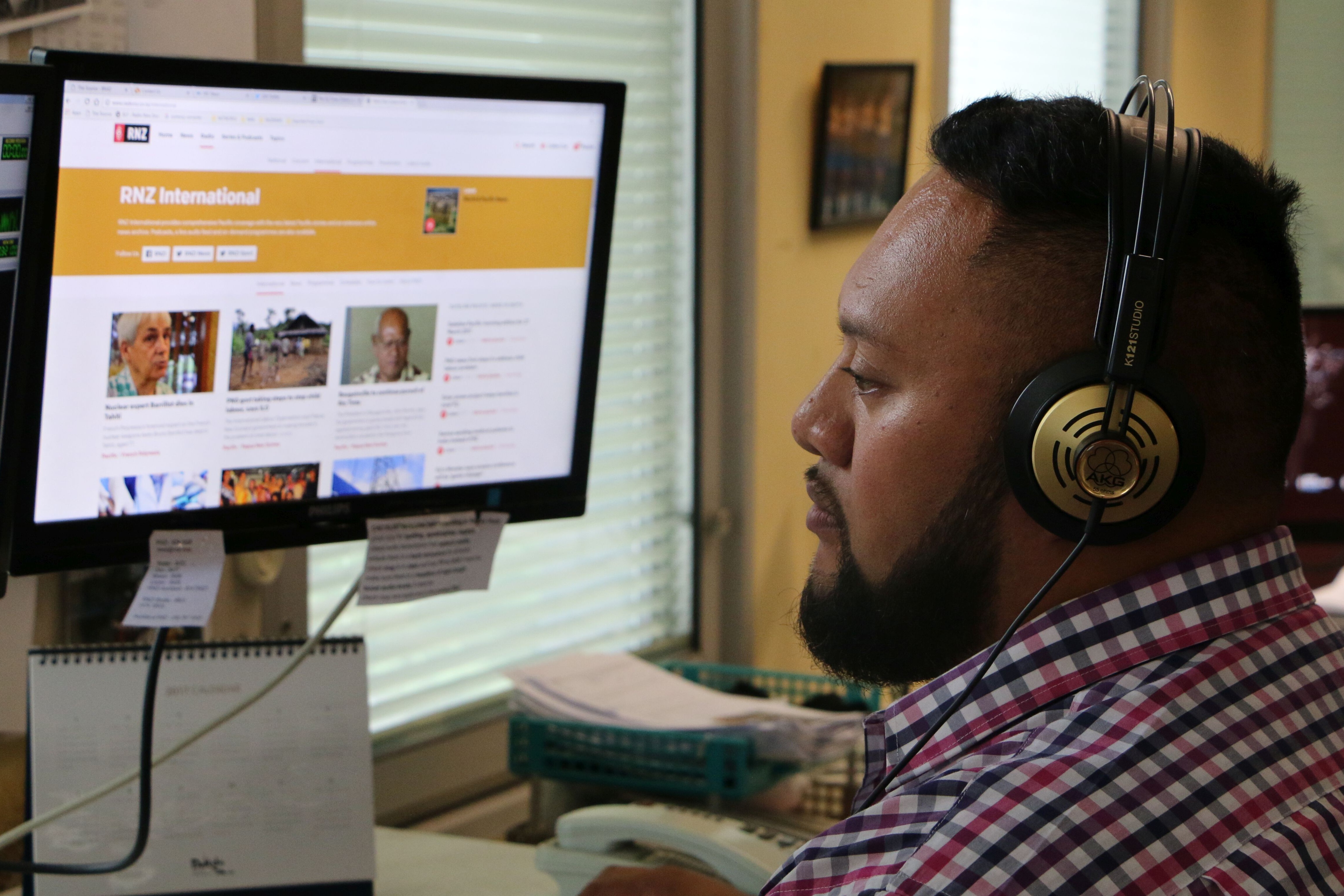The hard-hitting film about the 2012 rape and murder of Jyoti Singh in Delhi was screened by Public Media Alliance members in the UK and Canada, as well as PSBs in Denmark, Sweden, Switzerland and Norway, on International Women’s Day, 8 March 2015
The film’s development was funded by the PMA’s content project, WorldView. The documentary includes an exclusive in-depth interview with one of the men convicted of the gang rape and murder of the young medical student – a crime that sent shockwaves around the world in December 2012.
Another PMA member, New Delhi TV, was also due to air the film the same weekend, but Indian authorities ordered broadcasters in the country not to show it. The ban generated intense local and international interest and media coverage, and polarised India, bringing the issues of violence against women to the top of the news agenda in the country.
The controversy around the film led to the BBC bringing the screening forward to Wednesday 4 March (it was repeated on the Sunday). People in India who wanted to see the film aired reacted by recording it and posting it online. NDTV, instead of scheduling another programme in its place, aired a black screen with the film’s title and a flickering map for one hour.
India’s Daughter tells the story of the brutal gang rape and murder of 23-year-old medical student Jyoti Singh on a moving bus in Delhi, and the protests and riots which this event ignited throughout India, demanding changes in attitudes towards women.
Jyoti was returning home from the cinema with a male friend when a bus with five men and a 17-year-old offered them a lift. The men and teenager beat Jyoti’s friend before dragging her to the back of the bus where she was gang raped, savagely assaulted, eviscerated and thrown off the bus with her companion.
Mukesh Singh, the man who admitted driving the bus during the incident, but denied taking part in the attack, was one of five convicted of Jyoti’s rape and murder and sentenced to death. His brother Ram was also charged, but was found dead in his cell in March 2013. Mukesh Singh and three others are currently on appeal with their sentences on hold. The juvenile convicted of rape and murder was sentenced to three years in a reform facility.
British filmmaker Leslee Udwin interviews Singh, revealing his chillingly deeply held attitudes towards women. Speaking about the appalling attack, which he refers to as “an accident”, Singh suggests the rape and beatings were to teach Jyoti and her friend a lesson that they should not have been out late at night. And he criticises Jyoti for having fought back against her attackers.
The film also shows a previously televised interview with the men’s defence lawyer AP Singh, who says if his daughter or sister “engaged in pre-marital activities… in front of my entire family, I would put petrol on her and set her alight”. Many months after the attack and the resulting national and international outrage, he confirms to Udwin in the film that his views are unchanged: “This is my stand. I still today stand on that reply.”
Ordinary men and women braved teargas and water cannons to protest in unprecedented numbers – in this regard, India led the world by example
India’s Daughter also hears from Jyoti’s parents, underlining the significance of the film’s title and the national debate sparked about the place of women in society. Her father Badri says: “Jyoti has become a symbol. In death, she has lit such a torch that not only this country, but the whole world, got lit up. But at the same time, she posed a question. What is the meaning of ‘a woman’?”
Leslee Udwin said she was spurred on to make the hard-hitting film by “the optimism occasioned by the reports that followed the rape. Courageous and impassioned ordinary men and women of India braved the December freeze to protest in unprecedented numbers, withstanding an onslaught of teargas shells, baton charges and water cannons, to make their cry of ‘enough is enough’ heard. In this regard, India led the world by example.”
The three member broadcasters who had committed to air the film, a UK-India co-production, were the British Broadcasting Corporation, NDTV, and the Canadian Broadcasting Corporation.
Related Posts
5th November 2013
International broadcasters in the battle for influence
The contest between public media brands…
